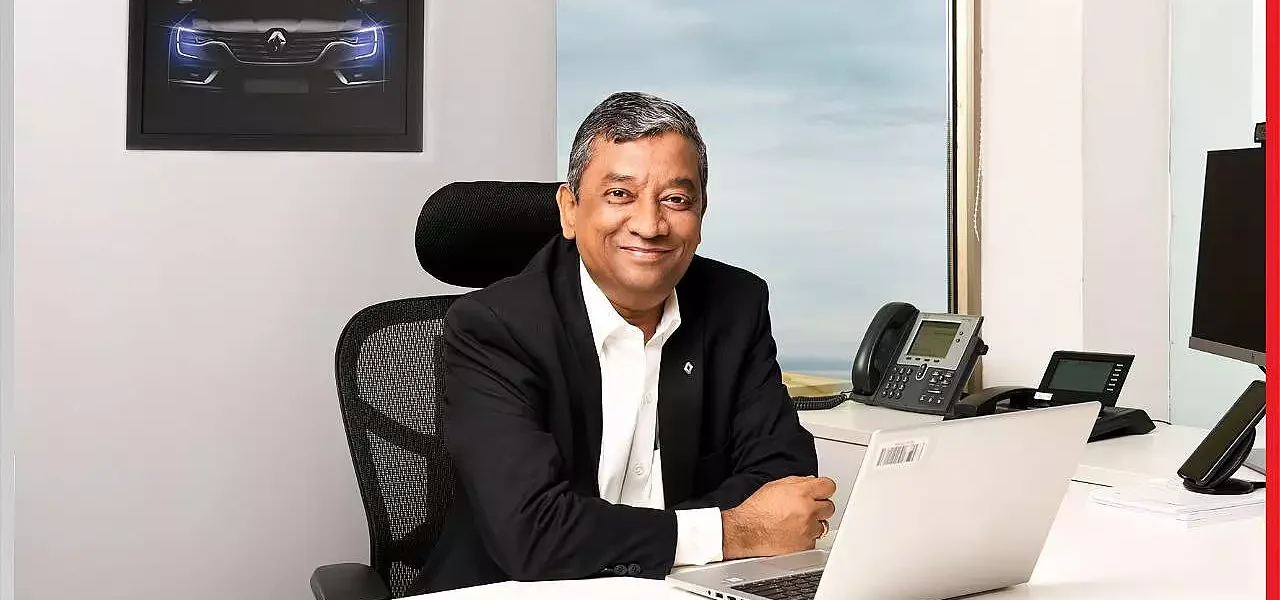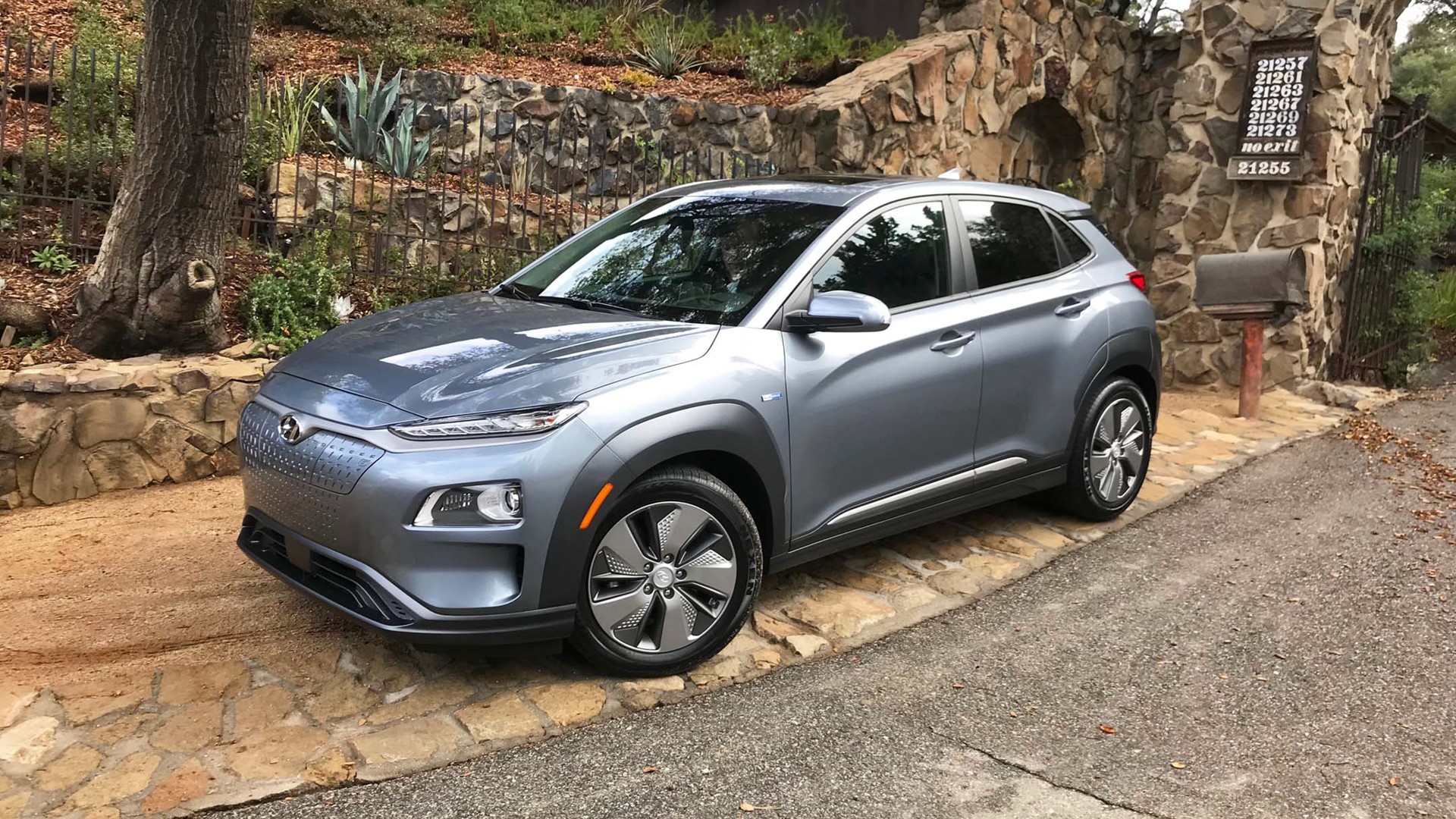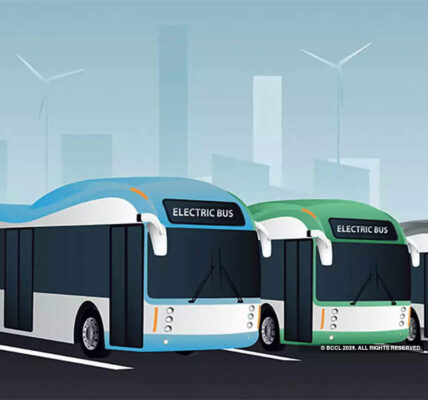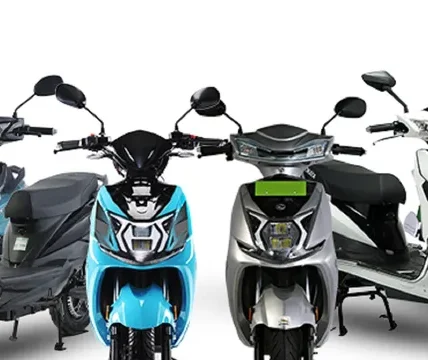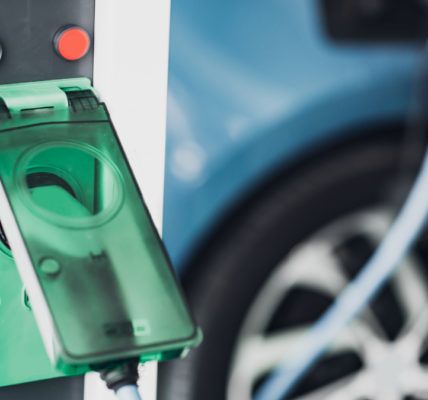If there is one reason for Venkatram Mamillapalle’s optimism about his company’s foray into electric cars, the answer lies in the Renault Nissan Technology & Business Centre near Chennai.
“The R&D Tech Centre is working on EVs for global projects and that bank of knowledge is sitting in Mahindra World City,” says the Country CEO and MD of Renault India operations. This establishment is part of the company’s automotive ecosystem near Chennai which includes the Renault Nissan manufacturing facility at Oragadam, a little over 30 kilometres away.
The cerebral pool of over 6,000 engineers at the tech centre has had tremendous exposure to global EV projects already over the years and will be more than ready to rise to the occasion when India’s turn comes next. For now, Renault has indicated that its electric car will debut by 2025 which will put yet another auto brand into an arena now dominated by Tata Motors.
Others like MG Motor, Mahindra & Mahindra, Hyundai and Kia have also made known their intent to participate aggressively in the electric space to keep in sync with the Centre’s vision of having 30% electrification in cars by 2030. To some industry experts, this is a tall order which will at best be in the region of 10-12% but a host of companies, including Renault, will also look at other interim solutions in the hybrid space.
Mamillapalle, meanwhile, is confident that the “future is bright” in the context of the recent announcement of over INR 5,000 crore investments committed to the Renault-Nissan operations in India. The sprawling manufacturing facility in Chennai has a capacity of 480,000 cars, but barely 50% is being used now. The Renault India CEO is of the view that if everything goes according to plan, 100% capacity could be a reality by 2026.
Cost Structure
From his point of view, the key is to constantly keep an eye on the cost structure and efficiency of people in the quest for optimal productivity. As he told this writer in an earlier interview, “We are trying to optimise our resources internally…whether it is cost optimisation in the manufacturing plant, supplier base or the way we use the supply chain management. That is how/where we need to optimise and we are doing it extensively.”
The other top priority is to ensure quality where the objective is to ensure that customers have little or nothing to complain about. By the end of the day, what they want eventually is “peace of mind” when buying a car and that is what “our goal is in terms of offering value”.
This is a tough exercise which begins at the time of production when the product is evolving and there are “engineering things happening”. This is the time when feedback is constantly taken to “reinvest back into the engineering” and testing methodology. Till every parameter of quality is addressed, the car will not get the go-ahead to make its way into showrooms.
“To be able to do this, you have got to understand the product and how it is working…what is the technology and what creates the problem. I will not take a car out of the plant without knowing the root cause,” Mamillapalle had said in the interview. The idea was to make sure that a particular quality problem did not keep resurfacing.
“If you are not able to control your quality problems, you can never produce a quality car,” he had reiterated. This is the approach constantly taken while “challenging my guys to tell me the root cause” first. The underlying message is this: “I do not care if you have solved the problem but if you do not know the root cause the problem is still there and can come up anytime.”
Rebuilding Connect
On the front end, Renault has recently kicked off an exercise to reach out to consumers across 625 locations in India. This could go on for over a year where the idea is to showcase the brand and get interested buyers to drive the cars. The initiative will have a mobile showroom and workshop with products like the Kwid, Kiger and Triber leading the way.
Renault will be keen to establish a stronger bonding with its customer base given that it has lost a little momentum in recent times. It got off to a rousing start with the Kwid compact car but that segment has also slowed down with customers now queuing up for SUVs.
The French carmaker has, over the years, built its brand carefully with successful products like the Duster which gave it a huge boost in the market and made up for the setback with the Logan developed jointly with Mahindra & Mahindra. Its global ally, Nissan, has had a rough ride and it is only with the Magnite has it managed to finally hit the bull’s-eye. The two now have their work cut out in rebuilding the India operations and ensuring that the Chennai plant is used optimally.



